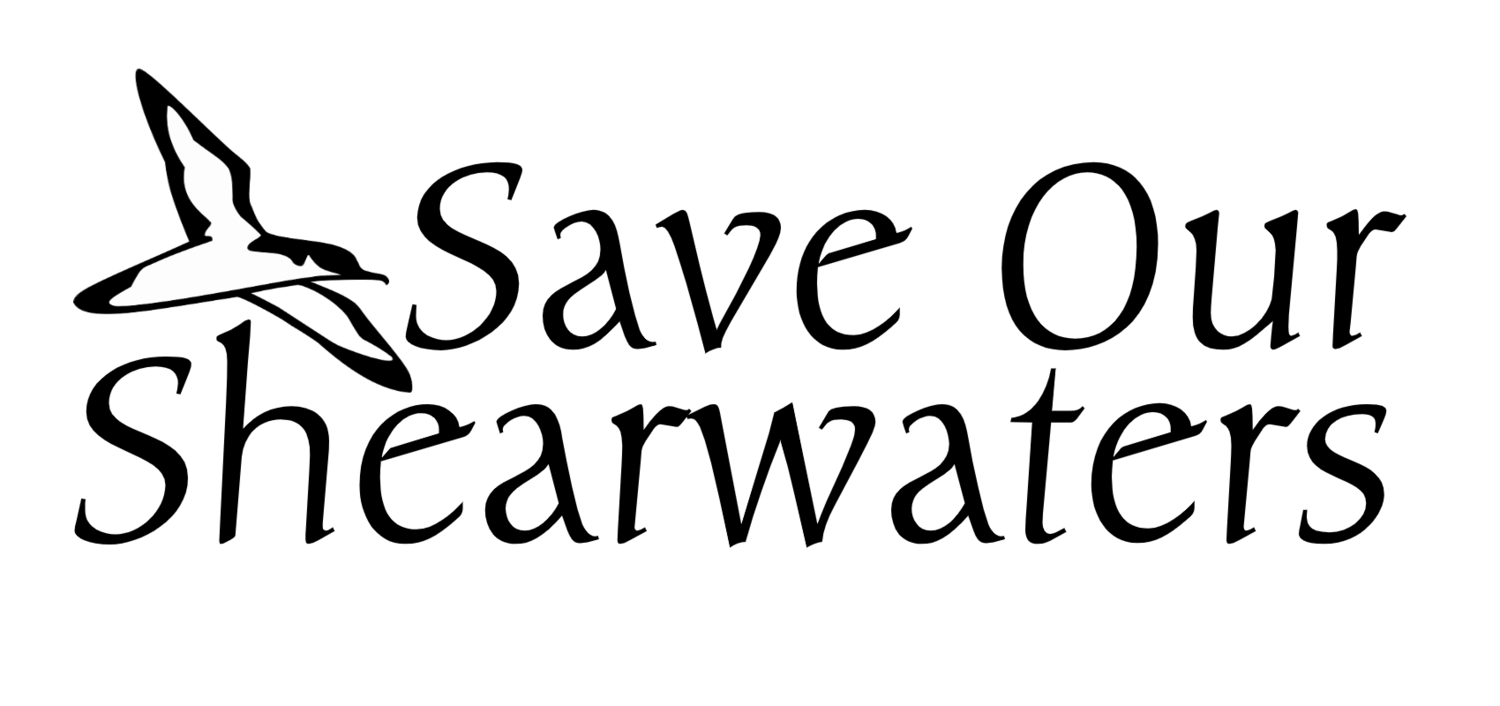What is save our shearwaters?
Initiated by the Hawai‘i Department of Land and Natural Resources/ Division of Forestry and Wildlife in 1979 to respond to the annual grounding of hundreds of light-attracted fledgling shearwaters and petrels, Save Our Shearwaters has evolved into a multispecies rehabilitation effort. The Kaua‘i Island Utility Cooperative (KIUC) funds the program with the focus on shearwaters and petrels.
Where is SOS located?
We are located on Kaua’i’s east side at 7370 Kuamo’o Rd, Kapa’a.
When is SOS open?
We are open and providing bird care 9 a.m. to 5:30 p.m. seven days a week, year-round. During these hours we are available to coordinate bird drop-off and pick-ups. Please call our hotline at (808) 635-5117 ahead of time if you are planning on dropping off a bird.
Staff can be reached via the SOS hotline outside of operating hours for bird emergencies. We are not able to provide immediate care or transport outside of working hours. However, we are available to provide advice and transportation instructions over the phone.
What species does SOS rehabilitate?
We accept all native Hawaiian birds and the Hawaiian Hoary Bat for rehabilitation. We are the only Federal and State permitted facility on Kaua‘i approved to rehabilitate native Hawaiian species. We accept all native Hawaiian birds and the Hawaiian hoary bat for rehabilitation. Click here to see a list of common native Hawaiian species.
We are not able to accept non-native birds for care. Wildlife rehabilitators are not allowed to release species that the State of Hawaii has determined are injurious. However, because we believe no individual should suffer, no matter what the species is, we do offer humane euthanasia in these cases.
I found an injured bird, how do i care for it?
It is against the law to keep or care for native birds in Hawai‘i without rehabilitation permits, even if you plan on releasing them. Please see the Division of Forestry and Wildlife’s website for more information regarding the legality of releasing injurious wildlife. If a species is listed as injurious, SOS is unable to provide rehabilitative care (see “What Species Does SOS Rehabilitate”).
If you have found a native bird and are trying to get in contact with us, please do not attempt to offer food or water to a bird. These birds have special diets and feeding them incorrectly can cause more harm than good. We encourage you to contact us immediately regarding an injured, orphaned or sick bird so that it can be provided the appropriate care.
Click here for more bird rescue advice.
Why is helping these birds so imporant?
Many of the birds we work with are endangered or listed species, making each individual bird’s health important for overall population. Kaua’i’s native birds play a vital ecological role and hold a deep cultural significance. Their presence has been heavily integrated into daily life, including Hawaiian cultural practices and stories. At SOS we tend to Kaua’i’s native birds to not only support ecological success, but also help support Kaua’i at large.
What happens once the bird arrives at sos?
Each bird receives a thorough intake exam upon arrival to assess the bird’s ailment and course of care. If the issue is treatable (which is determined in concert with qualified veterinarians and professionals) the patient will then stay at SOS receiving care until they are strong enough to be released back into the wild. Care can look vastly different from bird to bird. Some may just need a few days of proper fluids and food. Others may need extended stays with splints to mend fractures or supportive care and medications to recover from illnesses. We are highly trained professionals whose purpose is provide exceptional care to each and every patient we recieve.
